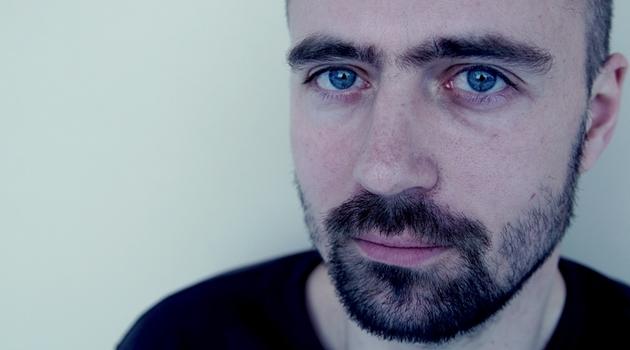Czech Govt Agency for Social Inclusion Director: Many towns risk anti-Roma unrest

Martin Šimáček, the director of the Czech Government Agency for Social Inclusion, has answered questions in an interview for the online daily TÝDEN.CZ about recent events in České Budějovice. As TÝDEN.CZ reports, Šimáček believes these events represent a new type of racist aggression that does not target a "ghetto" and is participated in by many who do not consider themselves extremists. He also said he believes Mayor Juraj Thoma’s idea to hold an upcoming public discussion of local issues in a sports arena is not a good one.
News server Romea.cz provides a full translation of the interview below:
Q: České Budějovice has never suffered from any entrenched social problems. How do you explain that it has now become the scene of racial violence?
A: Unfortunately, I believe something similar could happen in many Czech towns. It doesn’t have to be about objecting to Romani people who are genuinely impoverished, or to any minority living in very bad conditions. Rather, these events express sentiments currently being held by the majority society. In a certain place, enough people suddenly find one another who share a need to take their aggression out on someone. The residents of the Máj housing estate are far from being as malicious toward one another as these events make it seem.
Q: Who participated in the unrest this past weekend?
A: Last Saturday I observed how the Nazis who met up in České Budějovice were joined in the central part of town by locals who decidedly were not residents of the Máj housing estate. They were guys who got drunk, were aggressive, and needed to somehow take their aggression out on someone, and in this case the cheapest target was Romani people. This really could happen anywhere else.
Q: Will this violence become a mass phenomenon? Before it seemed the unrest was being provoked by the same group of extremists around the Workers’ Party.
A: Part of the Czech population is making intolerant statements against Romani people, and currently this can be felt more and more strongly. This might be related to the situation of economic stagnation, and perhaps to the political situation too. All of that plays a role and can create a source of aggression. It doesn’t apply to all of Czech society though. Even in České Budějovice, particularly at the Máj housing estate, enough people have been found to make it clear that the problems between the Romani community and the other residents of the housing estate are not very serious. There is a need for people to discuss some very basic things there, but there is definitely no need to take to the streets and be aggressive.
Q: Has the Agency for Social Inclusion ever been involved with the Máj housing estate? Are the Romani residents there living in a typical ghetto?
A: Not at all. The vast majority of Romani residents live on one or two streets, which are cramped into a rather narrow space, which is not exactly a favorable situation. There’s not much else to do at the housing estate except go to sleep at night. It doesn’t have enough space dedicated to diversions, recreational activities, or relaxation, which might be a problem. On the other hand, the town has put the housing estate into brilliant repair and it looks nice. The households I had the opportunity to visit are above-average. That place is not reminiscent of an excluded locality.
Q: How do the Romani people live there?
A: Evidently a larger part of them are low-income households. There are between 60 – 70 adult men and the vast majority of them work either full-time or occasionally. We have not observed the total unemployment there that is typical of excluded localities, even though the Roma are among the housing estate residents with the lowest incomes.
Q: What solution is available for the case of the Máj housing estate?
A: The town should reflect on where all the occupants of that housing estate are supposed to relax, where they could have benches and playgrounds. In the past, the town made a big mistake when it closed most of the playgrounds and left only one open. Many people now have to use that space at the same time. There is only one proper restaurant available, and one has to purchase a club card in order to access it, so the Romani residents essentially can’t go there. All of this can be resolved through simple measures. Moreover, the town should continue to support social services. That’s not just a Romani matter, because many households there are running out of money. Anti-debt counseling would be appropriate for everyone.
Q: What do you say to Mayor Juraj Thoma’s proposal to convene an upcoming discussion about coexistence with Romani residents in the sports arena?
A: A public meeting doesn’t have to be in a sports arena at all, but more people from the Máj housing estate should be able to meet on the sidelines and say what bothers them and what should be done differently. In that respect we are offering assistance to the mayor. Czech Government Human Rights Commissioner Monika Šimůnková visited him last Thursday and offered to draw up a list of measures. Meeting in an arena really is not a good idea. I don’t want to sound negative, but the town must prepare well so that aggressors don’t promote themselves there. The town must create a space where the exchange of opinions will proceed correctly.